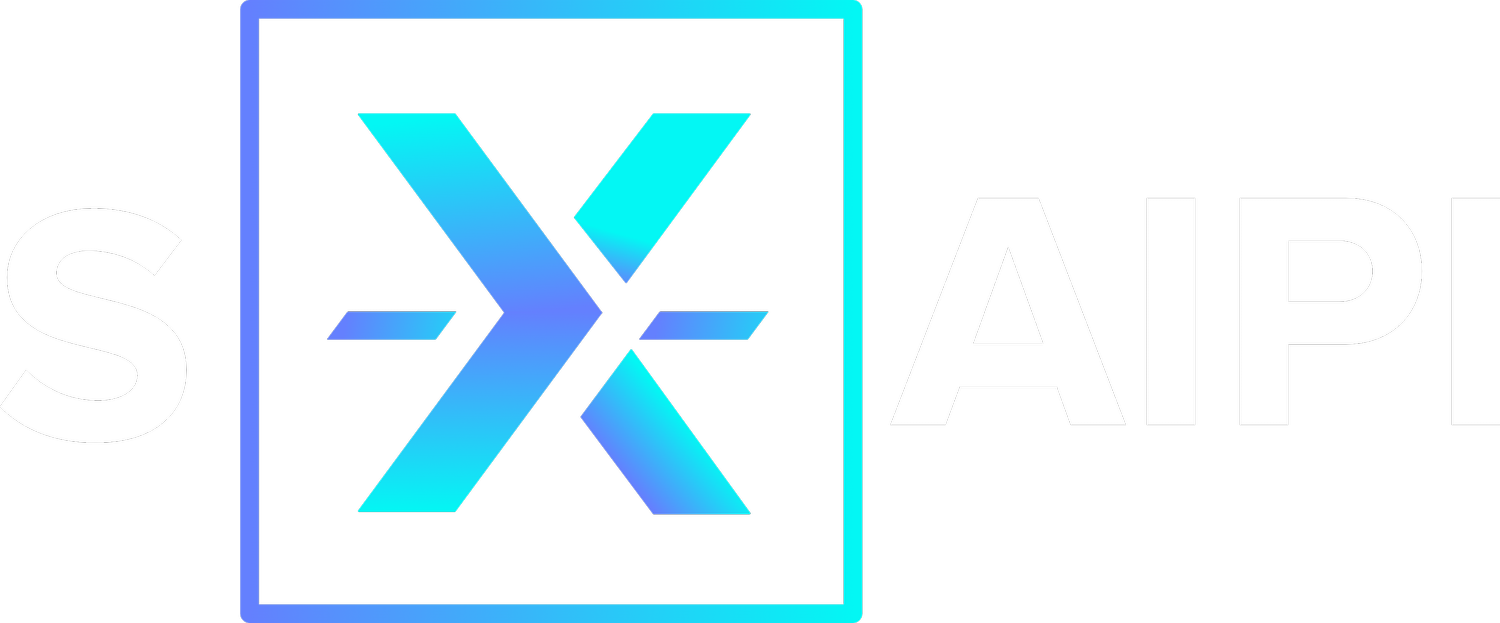Asphalt
Process Optimization Analyst
The Process Optimization Analyst in the asphalt industry is responsible for leveraging data to enhance and optimize various stages of the production process.
This role focuses on analyzing data, improving operational efficiency, and implementing advanced machine learning models to support decision-making and process improvements for example Root Cause Analysis.
All training courses
RapidMiner for Machine Learning and Predictive Analytics Training Course
Databases and SQL for Data Science with Python
Introduction to Big Data with Spark and Hadoop
Data Analysis with R Programming
Data Analysis with Python
Tableau Certified Data Analyst Cert Prep
Create Dashboards with Tableau
Machine Learning with Python
Introduction to Machine Learning with Python
Predictive Modeling with Python
Machine Teaching for Autonomous AI
Professional Certificate of Competency in Programmable Logic Controllers (PLCS) & SCADA Systems
SCADA Programming for Industry
Data Warehousing: Schema, ETL, Optimal Performance
Big Data Analysis with Hadoop and Spark Training Course
Training courses by skill
Predictive models in industrial applications
Experience in developing & deploying predictive machine learning models in industrial systems.
CourseData Analysis with R Programming
Target Group
Junior (Fresh Employee)
Level
Awareness
Data visualization tools
Experience with data visualization tools like Tableau & Power BI.
CourseTableau Certified Data Analyst Cert Prep
Target Group
Senior Employee
Level
Extended Know-How
CourseCreate Dashboards with Tableau
Target Group
Junior (Fresh Employee)
Level
Foundations
Machine learning algorithms & tools
Strong knowledge of machine learning algorithms & frameworks such as Scikit-Learn, TensorFlow & PyTorch.
Predictive models in industrial applications
Experience in developing & deploying predictive machine learning models in industrial systems.
CourseRapidMiner for Machine Learning and Predictive Analytics Training Course
Target Group
Expert
Level
Foundations
Integrating data science tools with existing infrastructure
Ability to integrate data science solutions & techniques with existing infrastructure used for automation.
Industrial automation systems
Knowledge of industrial automation systems, including PLCs & SCADA.
CourseProfessional Certificate of Competency in Programmable Logic Controllers (PLCS) & SCADA Systems
Target Group
Expert
Level
Extended Know-How
ETL in data warehousing
Understanding of data warehousing & Extract, Transform & Load (ETL) processes.
CourseData Warehousing: Schema, ETL, Optimal Performance
Target Group
Junior (Fresh Employee)
Level
Foundations
Efficient database management
Expertise in SQL databases for efficient data storage & retrieval.
CourseDatabases and SQL for Data Science with Python
Target Group
Junior (Fresh Employee)
Level
Foundations
Big data processing
Familiarity with big data frameworks such as Hadoop & Spark for managing large datasets.
CourseIntroduction to Big Data with Spark and Hadoop
Target Group
Senior Employee
Level
Foundations
CourseBig Data Analysis with Hadoop and Spark Training Course
Target Group
Expert
Level
Extended Know-How

